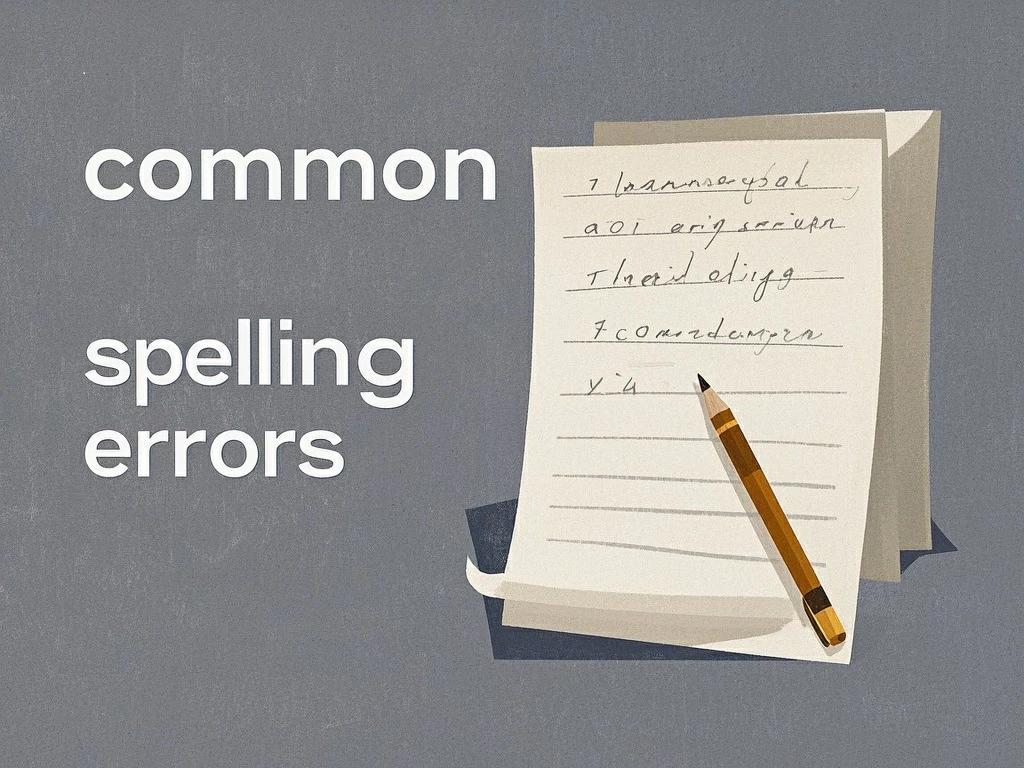Overcoming Spelling Challenges in the IELTS Exam
Frequent spelling inaccuracies hinder many students’ performance in writing tasks, potentially lowering IELTS scores by increasing error counts. Persistent struggles with spelling plague numerous test-takers, often involving omitted vowels (e.g., a, e, i), incorrect letter doubling, or misplacing key letters.
Common Types of Spelling Mistakes
1. Letter Doubling Confusion
Uncertainty about single vs. double letters can lead to errors. For instance:
Embarasment (Incorrect) → Embarrassment (Correct)
2. Silent Letter Oversights
English includes letters pronounced silently but essential in writing:
Hankerchief (Incorrect) → Handkerchief (Correct)
3. Misplaced i and e
Many learners reverse the order of these vowels:
Recieve (Incorrect) → Receive (Correct)
4. Mixing -or and -er Endings
Errors arise when choosing between these suffixes:
Travellor (Incorrect) → Traveller (Correct)
5. Phonetic Misrepresentation
Non-native speakers may write words as they pronounce them in their native accent:
Modren (Incorrect) → Modern (Correct)
6. Homophone Confusion
Words with similar sounds but distinct spellings and meanings often trip students:
Accept (to agree) vs. Except (excluding)
Their (possession) vs. There (location) vs. They’re (contraction)
Strategies to Minimize Errors
– Regular Reading: Immerse yourself in English materials (books, articles, online content) to internalize correct spellings.
– Targeted Practice: Rehearse troublesome words repeatedly to build muscle memory.
– Interactive Learning: Use online spelling games to reinforce retention through engagement.
– Error Tracking: Note mistakes systematically and commit to correcting them.
Practice Exercise
Rectify the misspelled words below:
1. Multidisiplinery
2. Modren
3. Etiquite
4. Carreer
5. Favouraite
… (continue with remaining words as listed)
Answers
1. Multidisciplinary
2. Modern
3. Etiquette
4. Career
5. Favourite/Favorite
… (follow with corrected answers as provided)
By recognizing these pitfalls and adopting proactive learning habits, candidates can significantly reduce spelling errors and enhance their IELTS writing performance.






